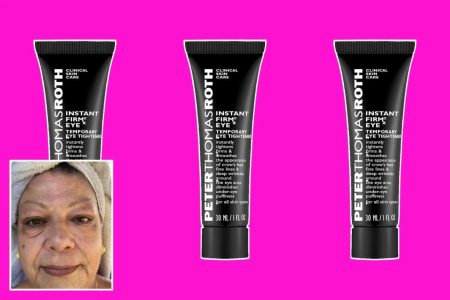The gut plays a crucial role in our overall health, from our mood to our skin health, and it all begins with the microbiome. Many people have become more knowledgeable about the importance of feeding the good bacteria in their gut, but sometimes they overcomplicate things. In a newsletter by scientist and dietitian Dr. Emily Leeming, it was highlighted that the simple apple is a powerful probiotic, containing 100 million microbes. Apples, along with other fruits and vegetables, contribute to the microbiome by providing fiber and pectin, which feed good gut bacteria, as well as polyphenols that have a prebiotic effect on the gut microbiome.
Despite the growing obsession with probiotics, it is important to remember that prioritizing taking supplements over incorporating microbe-rich plants into one’s diet will not make up for an unhealthy lifestyle. While certain probiotic supplements can be beneficial for treating health issues or aiding in microbiome recovery after antibiotics, they are not necessary for those who are already healthy and simply want to support their gut health. According to Dr. Leeming, what you eat has a much larger impact on the gut microbiome than taking supplements.
The probiotic supplement market is described as the “wild west” by Dr. Leeming, with many brands making bold claims without substantial evidence to back them up. Some supplements contain multiple types of probiotic bacteria that have not been tested together and may have unexpected effects. Therefore, it is important to be cautious when selecting probiotic supplements and prioritize incorporating a variety of fruits, vegetables, herbs, spices, legumes, and grains into your diet to improve gut health. Fiber and polyphenols from plant-based foods are crucial for nourishing the gut microbiome and promoting overall health.
Dr. Leeming also notes that organic fruits and vegetables may contain more microbes than non-organic varieties due to soil health, which plays a significant role in the microbe content of food, particularly root vegetables grown in or near soil. Soil is rich in microbes, with more microbes in one teaspoon of soil than there are people on the planet. This emphasizes the importance of consuming a diverse range of plant-based foods to support gut health and overall well-being.
In conclusion, focusing on incorporating a wide variety of plant-based foods into your diet is key to supporting gut health and overall well-being. While probiotic supplements can be beneficial for certain health issues, they should not be a substitute for a healthy diet. The simple apple, along with other fruits and vegetables, is a powerful probiotic that can nourish the gut microbiome and promote optimal health. By prioritizing plant-based foods rich in fiber and polyphenols, you can support your gut health and overall well-being in a simple and effective way.















